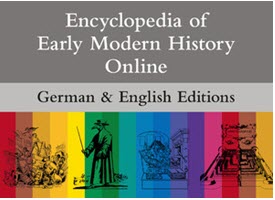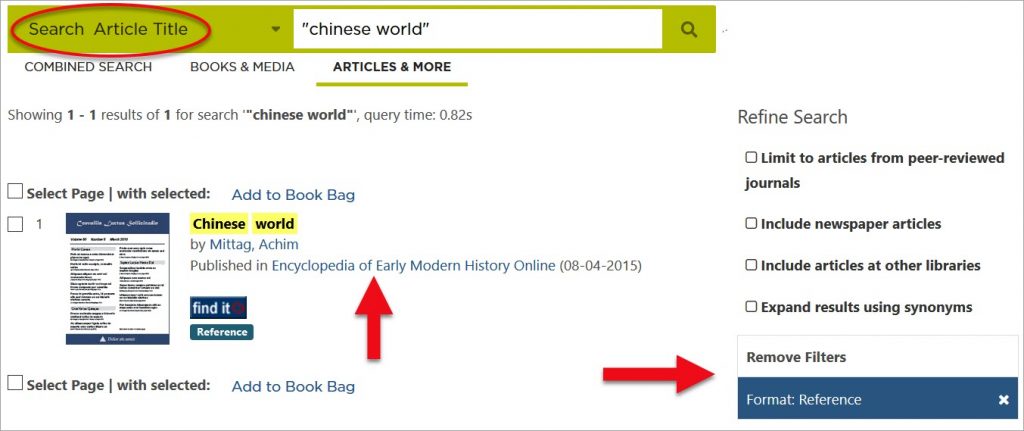New Resource at Falvey: Brill’s Encyclopedia of Early Modern History
By Jutta Seibert
 Scholars interested in the early modern period (1450-1850) will appreciate Brill’s Encyclopedia of Early Modern History for its interdisciplinary approach, focus on global connections, and unique European viewpoints and voices. Translating the Enzyklopädie der Neuzeit into English for a wider audience was a worthwhile but difficult project that is still in progress.
Scholars interested in the early modern period (1450-1850) will appreciate Brill’s Encyclopedia of Early Modern History for its interdisciplinary approach, focus on global connections, and unique European viewpoints and voices. Translating the Enzyklopädie der Neuzeit into English for a wider audience was a worthwhile but difficult project that is still in progress.
The Villanova community has access to the original German edition and its English translation, most of which is completed at this time. Although much of the scholarship referenced in the articles of the Encyclopedia is in languages other than English, English language scholarship is represented as well. Indeed, one of the strengths of the Encyclopedia is the network of international scholarship it brings together.
Most articles are concise and to the point. They are cross referenced with a core of in-depth key articles that deal with overarching concepts such as knowledge, culture, nationalism, race, colonialism, the environment, the Atlantic world, and the everyday world to name just a few of the themes covered. While most article titles are translated into English, in some cases editors decided to retain German terminology for the sake of clarity (e.g., Bildungsbürgertum and Frauenzimmer).
The Encyclopedia of Early Modern History joins a series of new online reference works published by Brill and now available at Villanova University: The Encyclopedia of Jewish History and Culture, and the Brill Encyclopedia of Early Christianity Online. Access links are available in the catalog (Books & Media) and individual articles can be discovered via Articles & more. Simply use the Reference format filter to refine your search results.

 Jutta Seibert is Director of Research Services & Scholarly Engagement at Falvey Memorial Library.
Jutta Seibert is Director of Research Services & Scholarly Engagement at Falvey Memorial Library.
 Scholars interested in the early modern period (1450-1850) will appreciate the
Scholars interested in the early modern period (1450-1850) will appreciate the 